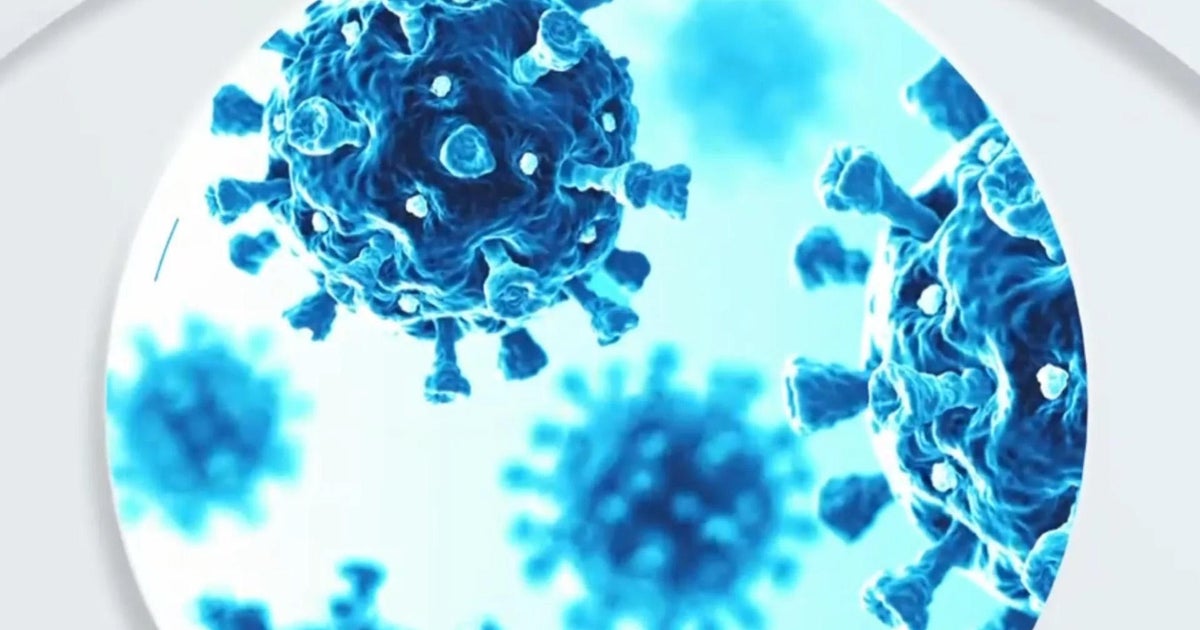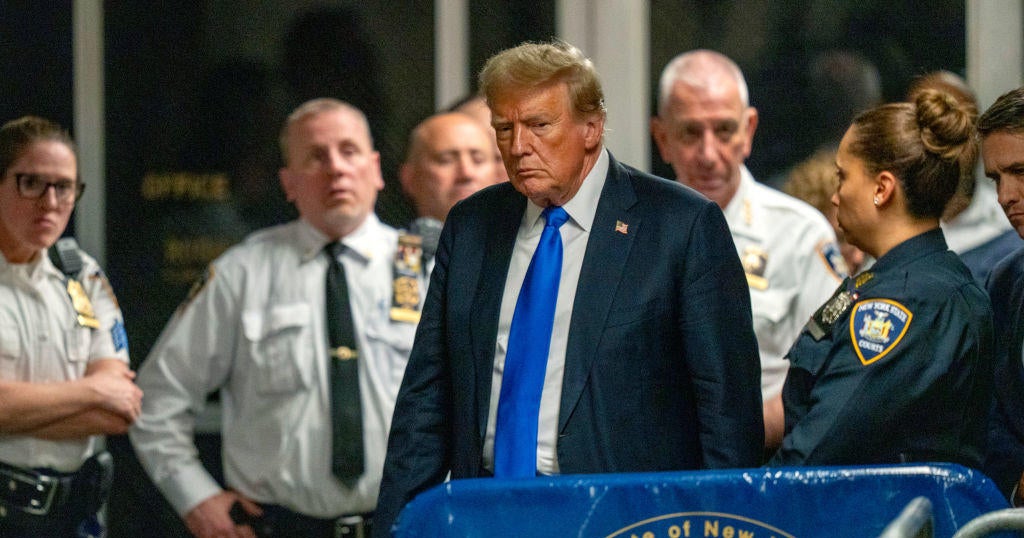New York City pressing Biden administration for more monkeypox vaccines after health emergency declared
NEW YORK -- President Joe Biden declared a nationwide public health emergency two months after the first reported case of monkeypox in New York City.
Biden's declaration comes as the number of positive cases rapidly increases across the country, CBS2's John Dias reported Friday.
"One of the lessons we learned from COVID and one of the lessons that we learn from other outbreaks, always better to be a step ahead of the virus and that's what we're doing," said Dr. Ashish Jha, White House coronavirus response coordinator.
Jha said cases rise fast, but it is much harder to catch than COVID and so far survivable in the U.S.
"Thankfully, no one has died, so we are still at a point in this outbreak where I do believe that, while it is very, very serious, it is not something that is reason for widespread alarm," he said.
Jha says the president's declaration of a nationwide public health emergency is the right and appropriate tool. It frees up money for staffing, and for evaluating and developing vaccines.
WEB EXTRA: Identifying monkeypox symptoms, prevention tips, how to get a vaccine and more
But some say it's too late.
"The United States government has bungled this response," said New York City Council Member Erik Bottcher.
Vaccine demand remains high. Within minutes Thursday night, 22,000 vaccine appointments were booked in New York City.
Bottcher represents District 3, where many gay and bisexual men live. They are still the ones being impacted the most.
"What I'm afraid of is that we missed our opportunity to contain this virus. So now, the United States government needs to marshal all resources at its disposal to generate and distribute more vaccines right now," Bottcher said.
To get more vaccines out even faster, Mayor Eric Adams is urging the federal government to invoke the Defense Production Act.
"We continue to be the epicenter of this outbreak, with over 25 percent of cases nationally," Adams said in the statement.
The city's Department of Correction says there is a confirmed case among their staff. The individual is a uniformed employee but does not work at a DOC facility and is currently isolating.
Watch John Dias' report
A different way of administering the shots could stretch the vaccine supply. The FDA is studying whether it works to split a single dose into five by giving patients a shallower injection into the skin, spreading out a dose instead of using it all at once.
The cases worldwide are at least 26,864, and according to the CDC, more than 7,100 people have been infected across America, compared to less than 5,000 one week ago.
In New York state, there are at least 1,748 cases, and in New Jersey, there are over 214.
Many predict the number will go up as testing improves.
"I know they're working with the population right now that's most likely to get it, but it will spread from that population, and it seems like it's really unpleasant to have," said John McGinness, of Chelsea.
Doctors say monkeypox won't spread as easily as COVID.
"The cases will go slowly because monkeypox is not a respiratory or airborne illness," said Dr. Aftab Khan, an internist.
Columbia University infectious disease specialist Dr. Jason Zucker says, however, further spread is not impossible.
"There's no reason it can't spread to other communities via sexual or other close contact. We're just starting to see a small number of secondary infections in women and children," Zucker said.
"If it starts spreading with kids, that's very alarming," Inwood resident Guillermo Peña said.
Some say a better response is needed before case numbers grow and the virus becomes established in a variety of communities -- a college campus this fall, for example. They say the time for greater vaccine supply and more testing and data collection is now.
States can order their next round of vaccines starting Friday.




